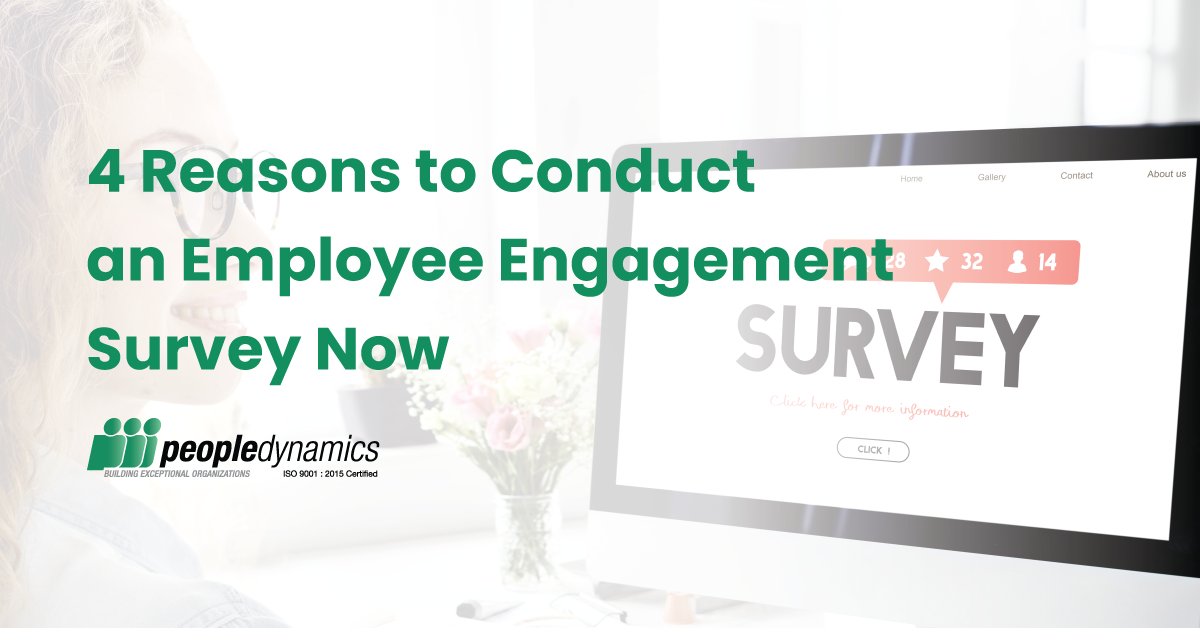Crises always happen when you least expect it. Just like with the COVID-19 pandemic. So, do you have a plan on how your business can continue in case of a major disaster? This is where a business continuity plan comes in—your blueprint in keeping your business running in the event that something catastrophic happens—and how you can win big with it!
Why does a business continuity plan matter?
No matter the size of your business, it relies on continuous operations to keep generating profit. In times of crisis, that is compromised. But with a business continuity plan, you can:
Minimize downtime
The main reason why a business continuity plan matters is that when disasters do happen and affect your business, you know what to do. You don’t want to just sit there wondering when can everything go back to normal—if they do go back to normal. Every hour that passes without your business operating can cost thousands and hundreds of thousands of pesos lost in productivity and revenue.
When you have a business continuity plan, you can better face adversity. For example, in the COVID-19 pandemic situation where your employees can’t go to the office, businesses who transitioned to work-from-home or remote working schemes undeniably faired better than those who didn’t. Retail businesses that made use of online platforms to continue selling their products are also in a better situation than those who’re not.
Protect your business
Health crisis is just one example of the adversities that your organization may need to face. Having a business continuity plan in place can not only minimize the downtime of your business, but it can also protect it. When planning for business continuity, you have to take into account everything that will keep your business running. This includes setting up backups for your data so that it can be accessed by the people who need it. You also need to figure out how to handle other company assets if and when disaster happens. These measures you take help to protect your business.
Have order amid the chaos
In times of uncertainty, order can help people move forward. This is what your plan should aim to achieve—order amid chaos. When disasters do happen, who or where can your employees and your customers and other stakeholders go for necessary and reliable information regarding your business? What channels of communication can you use to communicate? Who will lead and be responsible for different aspects of your company? A business continuity plan can help you put these things in place.
Resume and recover
Your business continuity plan should not only cover what to do during crises but also after it. The goal of any business continuity plan is to get you back in business as soon as possible. And not just resume, but also to recover from the losses that you suffered.
Lack or vague direction is one of the most common problems of an organization. Having a business continuity plan can give a direction for your people on how you can operate after the crisis passes. Their responsibilities in your back-to-business operations can also be detailed in your plan.
Insurance can help you recover some of your losses, but insurance is not a business continuity strategy. Loss of customers or market share and other peripheral damages may not be covered. In the case of cyberattacks, how can you recover your data? What about damage to your office or physical locations due to natural calamities? Your business continuity plan should take into consideration your steps to recover from what you suffered.
Companies that proactively consider how to respond to catastrophic events get back to business faster, usually at the expense of their competitors. Get a competitive edge and win big with business continuity planning!




